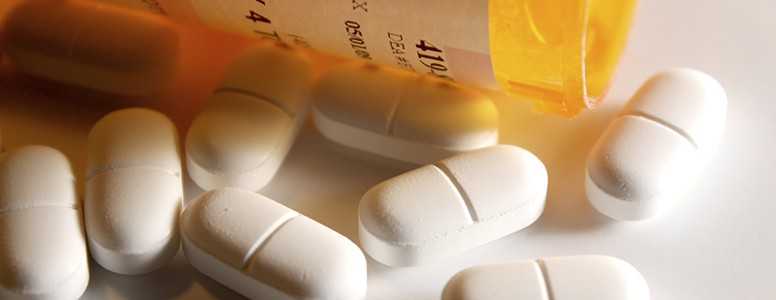Eli Lilly has submitted drug applications in Europe and the US for a new nasal glucagon to treat severe hypoglycemia.
If approved the drug could be the first nasal dry powder spray available to treat severe hypos in adults and children with diabetes.
Glucagon kits are one of the first-line treatments for severe hypoglycemia, but some people can find glucagon kits daunting. This is because the kits require mixing powder and solution before injecting into an area of muscle.
Nasal glucagon, however, is administered in a single-use, ready-to-use device. Caregivers just need to insert the device tip into a person’s nostril and release the glucagon, which passes through the nasal cavity lining. The process is as easy as other common nasal sprays, such as those for hayfever.
“The submissions put us one step closer to bringing this innovative rescue medicine to the diabetes community and filling an important need in the treatment of severe hypoglycemia,” said Thomas Hardy, senior medical director, Eli Lilly Diabetes.
The applications were filed on the back of a study published in Pediatric Diabetes which showed 14 children with type 1 diabetes who experienced very low blood sugar levels returned to normal levels within 30 minutes of receiving nasal glucagon. No oral carbohydrates were required, and no calls were made to the emergency health services.
A separate study in 2017 reported similar findings among a cohort of adults with type 1 diabetes.
Pharmaceutical firm Lilly has submitted applications to the European Medicines Agency and the US Food and Drug Administration (FDA). It is now the final stages of development.
“Lilly is committed to bringing nasal glucagon to market as soon as possible, as we believe a simple, ready-to-use approach to treating severe hypoglycemia via nasal delivery could be an important advance for people with diabetes and their caregivers. It may also expand the community of people who could quickly render aid in a rescue situation,” said Hardy.
What's new on the forum? ⭐️
Get our free newsletters
Stay up to date with the latest news, research and breakthroughs.





